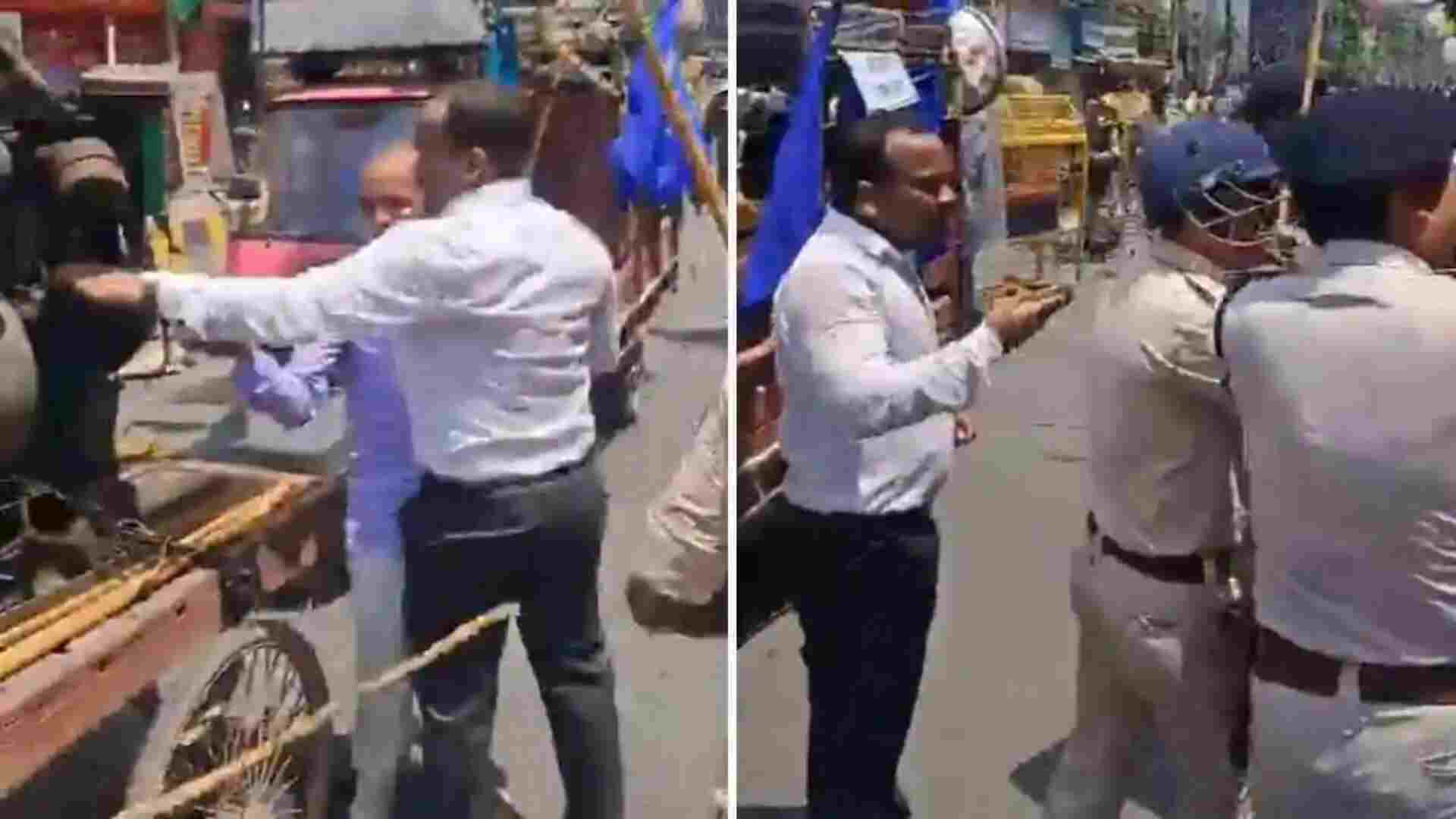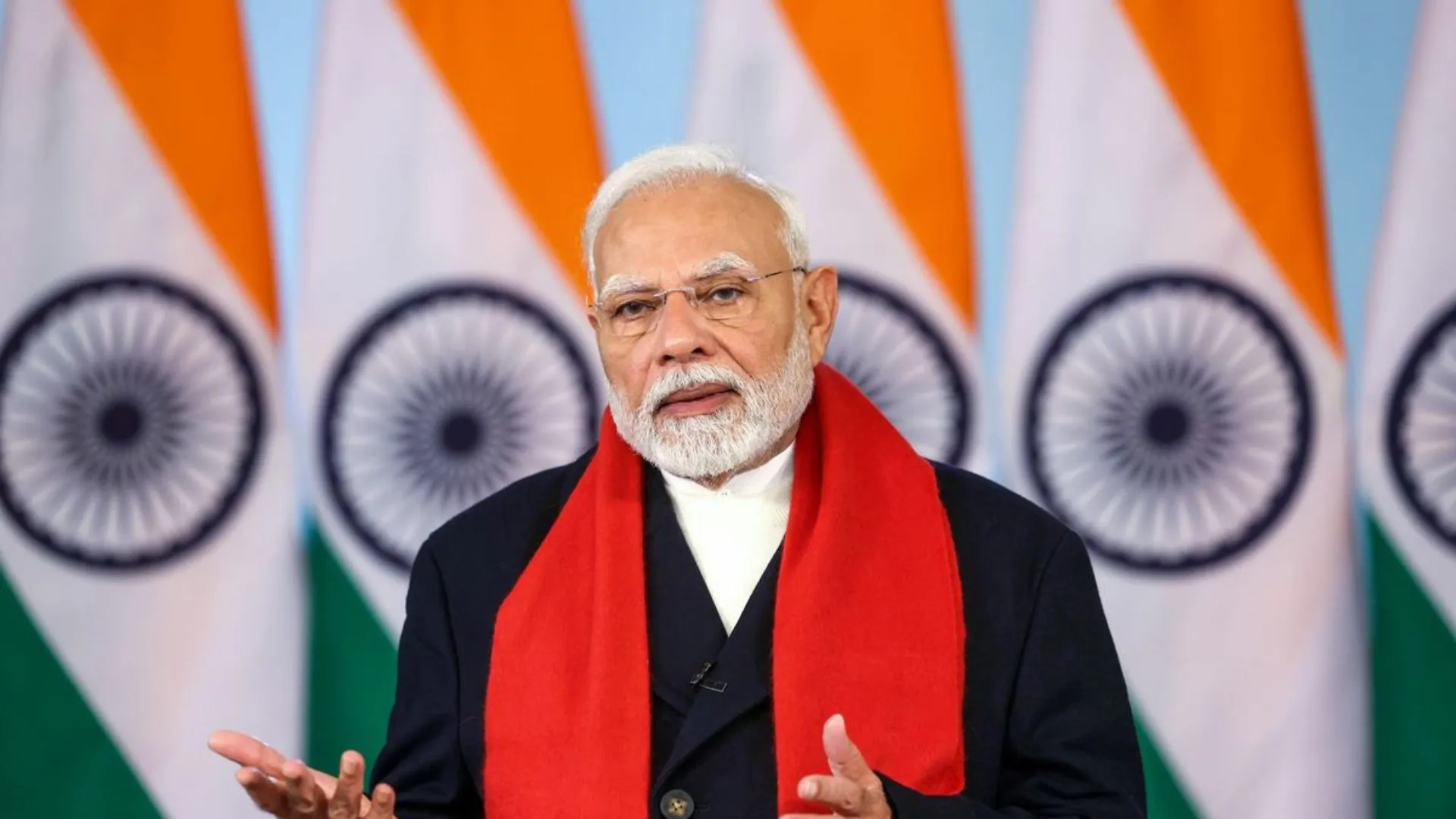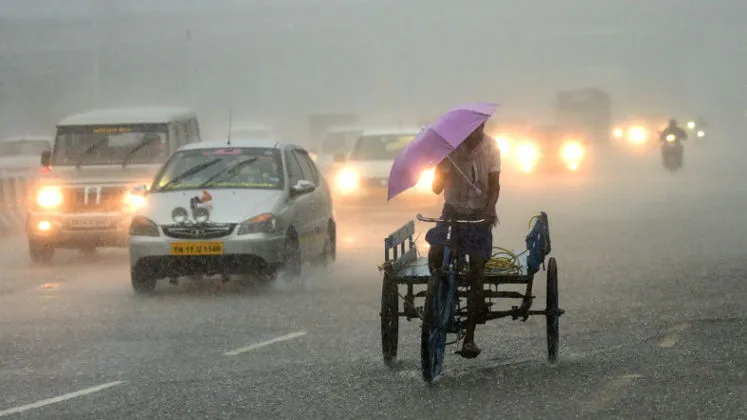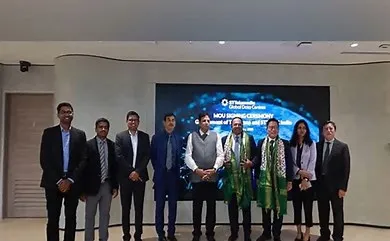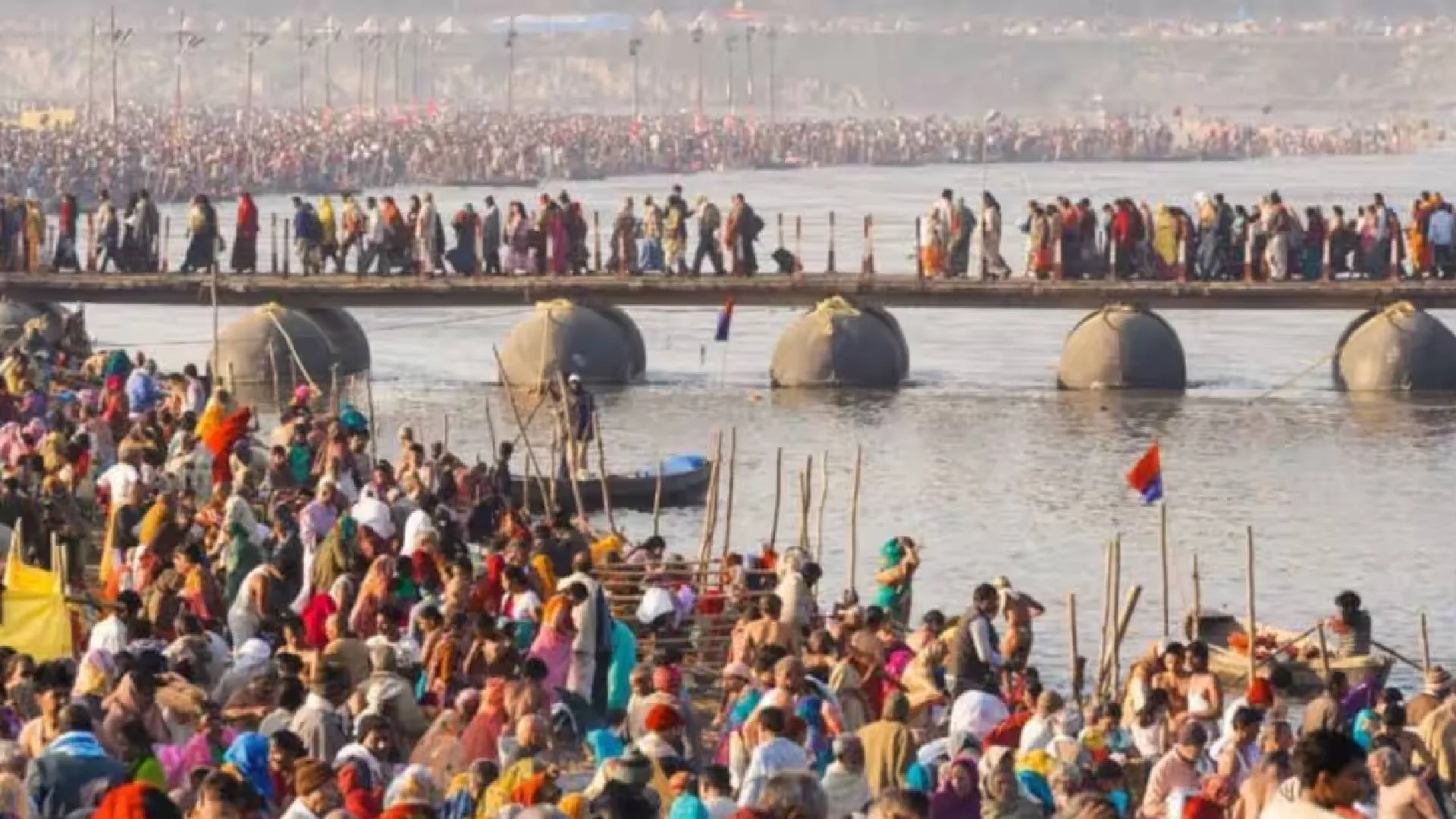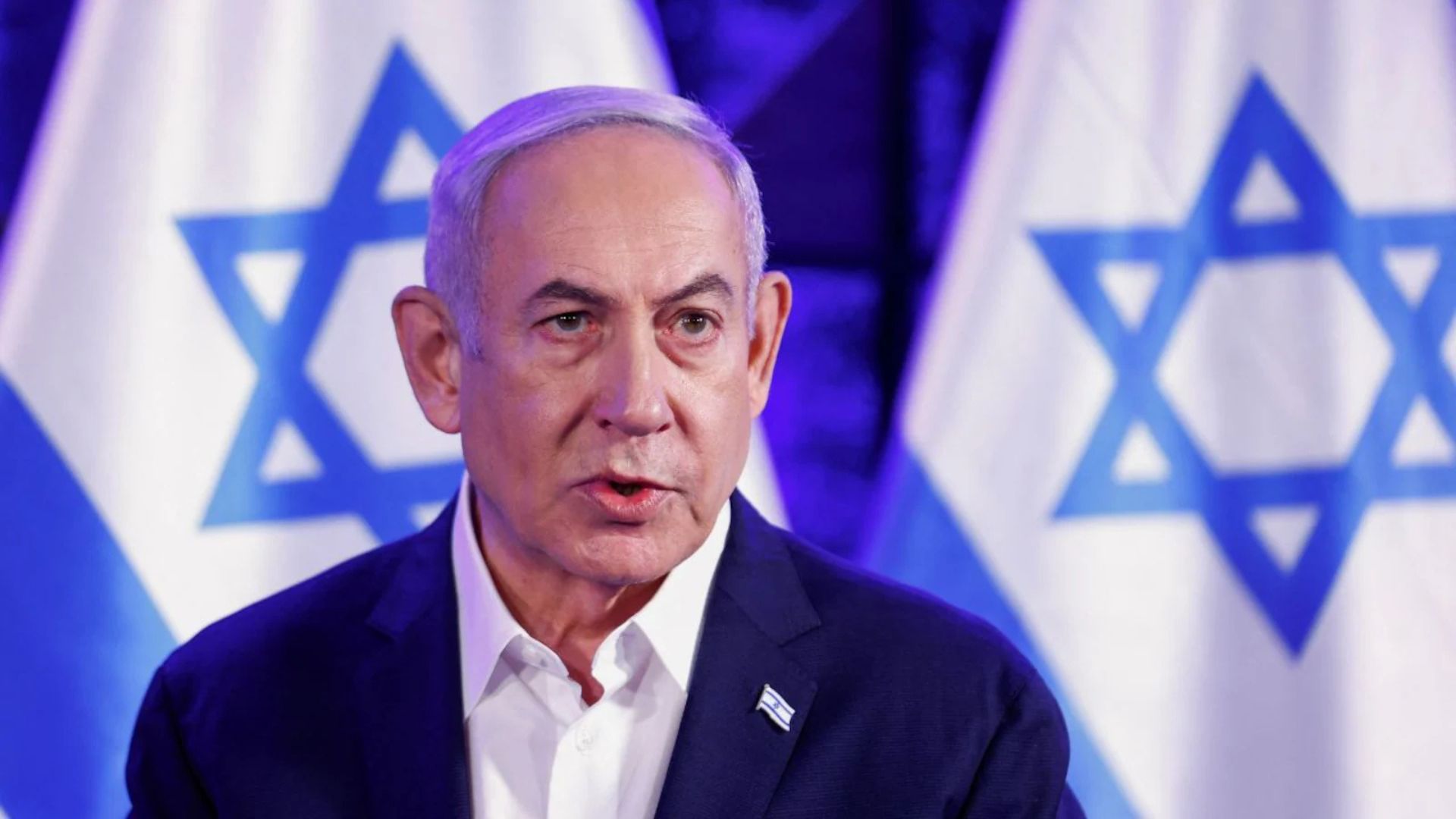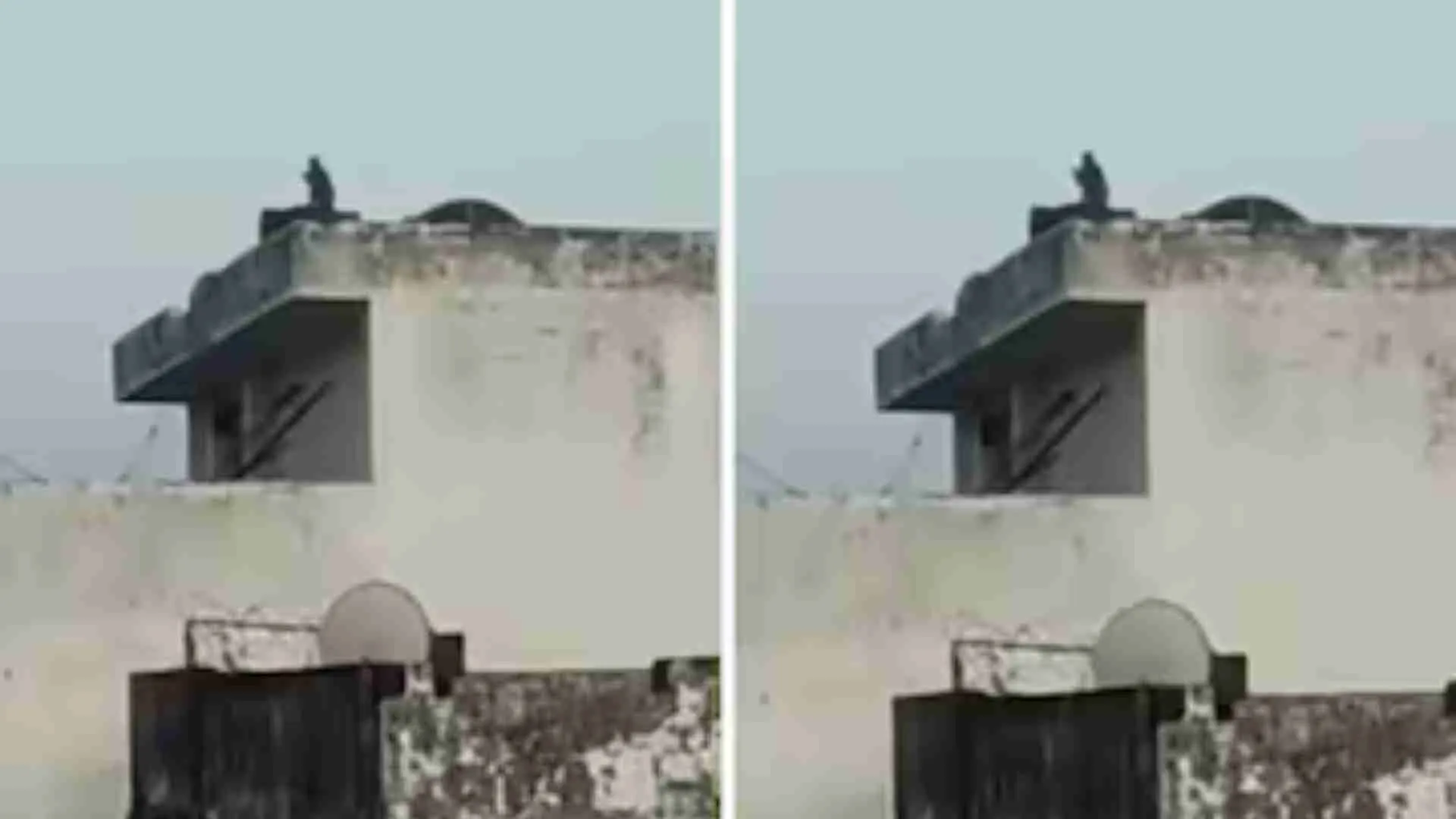Patna SDM Shrikant Kundlik Khandekar was accidentally struck by a policeman during a lathi-charge on Bharat Bandh supporters on Wednesday.
In a viral video, the SDM, who was dressed in civilian clothing, is seen being hit by a policeman with a stick. The SDM appears surprised by the incident, while the policeman’s colleagues quickly remove him and inform him of the mistake. The policeman is then seen apologizing and conversing with the SDM.
Watch:
SDM was in civil dress, Bihar Police beat him thinking he was a protestor.🤦🏻♂️😂
Hope he doesn’t lose his job…
— Mr Sinha (@MrSinha_) August 21, 2024
The unusual event took place at Dak Bangla square in Patna, Bihar. Protesters, having broken barricades at the JP Golambar intersection, reached Dak Bangla, where security forces used lathi-charges and water cannons to control the crowd.
The Bharat Bandh, or nationwide shutdown, has received a mixed response, with the most significant impact observed in Bihar, Rajasthan, and Uttar Pradesh. The bandh was called by the ‘Reservation Bachao Sangharsh Samiti’ in response to an August 1 ruling by the Supreme Court. The ruling, decided by a 6:1 majority, allows for further sub-classification of Scheduled Castes (SCs) and Scheduled Tribes (STs) by state governments to extend quotas to more backward castes within these groups.
Organizers are demanding that the ruling be overturned and the central government reject the judgment. Their other demands include: ensuring justice and equity for SCs, STs, and Other Backward Classes; enacting a new Act of Parliament on reservations; releasing caste-based data on SC/ST/OBCs in central government jobs; setting a target of 50% representation for these groups in the higher judiciary; filling backlog vacancies in central/state government jobs and public sector undertakings.

